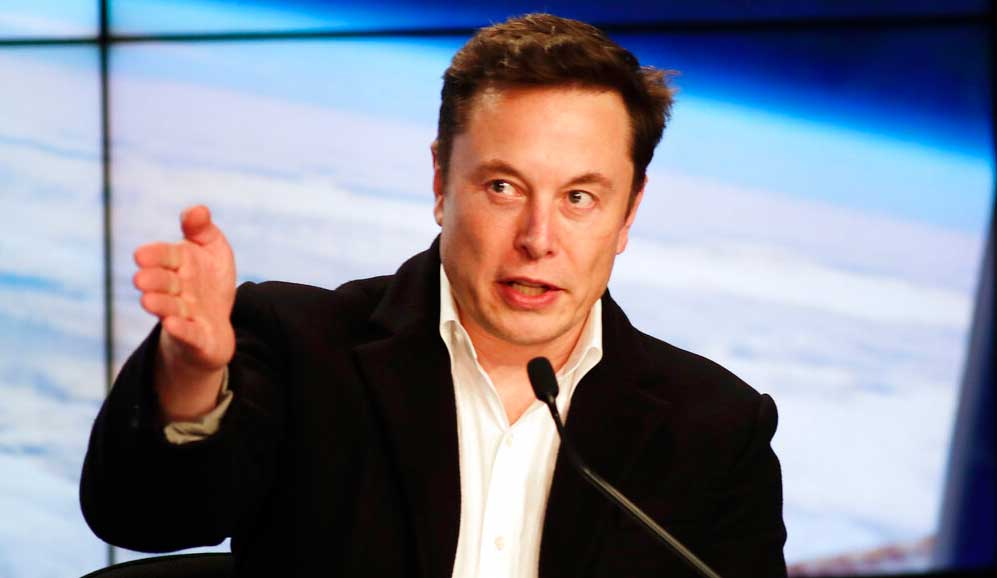The old-school philanthropist favoured benefaction. The legacies of Alfred Nobel, Henry Ford or even Alexander Graham Bell continue to be burnished by their singular charitable contributions. But the modern patron is, arguably, far more ambitious. It is, evidently, no longer enough to have a charitable heart. The stakes must be raised higher; at times, even as high as blurring the line between philanthropy and fantasy.
Elon R. Musk, the much-feted technology entrepreneur, seems to be an enthusiastic endorser of this new age — aggressive — culture of endowment. Tesla, of which Mr Musk is a co-founder, pioneered the self-driving car, booting the human driver out of contention. Among his other concerns — passion would be the appropriate expression — is SpaceX, which, in true philanthropic fashion, seeks to make space travel an affordable, public enterprise. Egged on by his altruistic spirit, Mr Musk has now declared that he is ready to go where, as that iconic slogan says, no man has gone before. He has come up with the idea of linking the human brain to the computer so as to enable consumers struggling with debilitating conditions — those struck by paralysis, for example — to interact seamlessly with electronic devices. ‘Neuralink’, Mr Musk’s dream, proposes to insert an implant in the brain, a proposal that involves a rather invasive medical procedure. But then that would be a small price to pay for those who agree that Neuralink is an irresistible idea. The thrill of controlling machines without having to move a finger — thoughts, Mr Musk has assured the world, would be enough to get the machines to do chores — must be truly overwhelming.
But there is a danger in this kind of seduction. It can, fact and fiction have shown repeatedly, lead to the surrendering of the faculty of reason. Having been overwhelmed by the power of charisma, democracies around the world are beginning to rest their faith in allegedly despotic leaderships. Victor Frankenstein, scarred by the death of his mother, had attempted to end the suffering caused by mortality. But he had been ultimately consumed by his monstrous creation. There is a line of thought that argues that Mr Musk’s creation could prove to be monstrous. Modern machines are notoriously vulnerable to hacking. Would a link between man and machine impair human health by making it susceptible to such intrusions? A chip in the brain, segments in the medical fraternity believe, could have unknown physiological repercussions as well.
Human inventors, down the ages, share a common dilemma — the unpredictable nature of their inventions. While it is true that the genesis of chemotherapy lies in mustard gas, a deadly war weapon, it must also be acknowledged that Bayonne, a town renowned for its cutlery, played a role in the creation of the bayonet. The assessment of Mr Musk’s legacy hangs in a similar, delicate balance.













